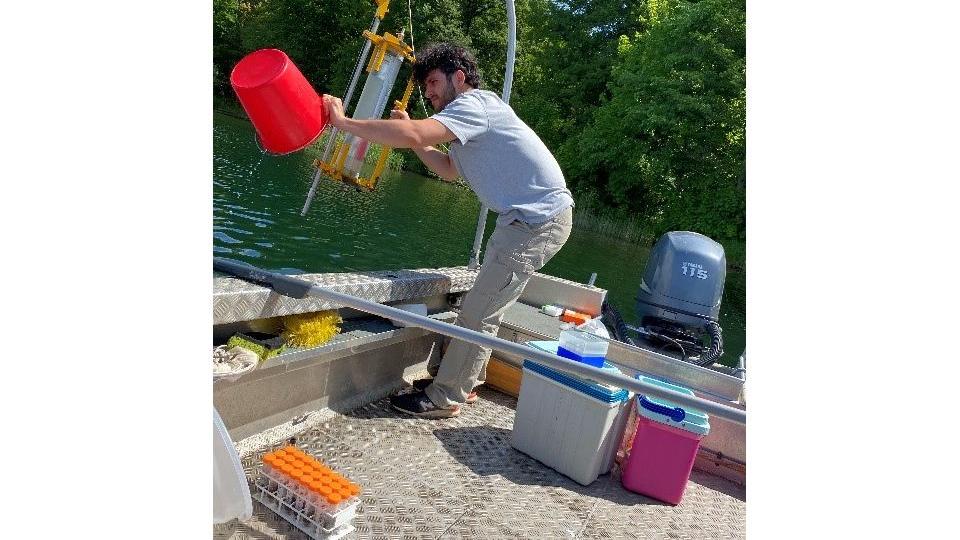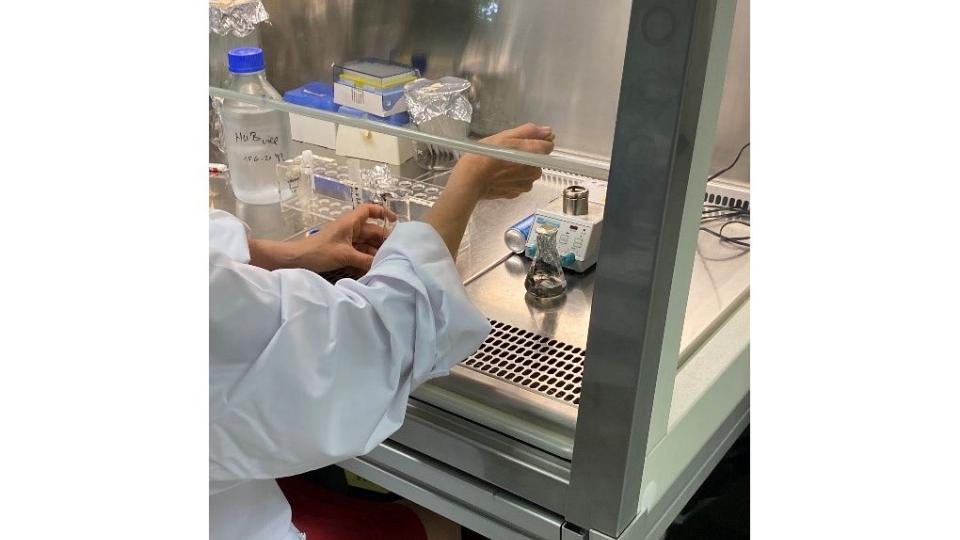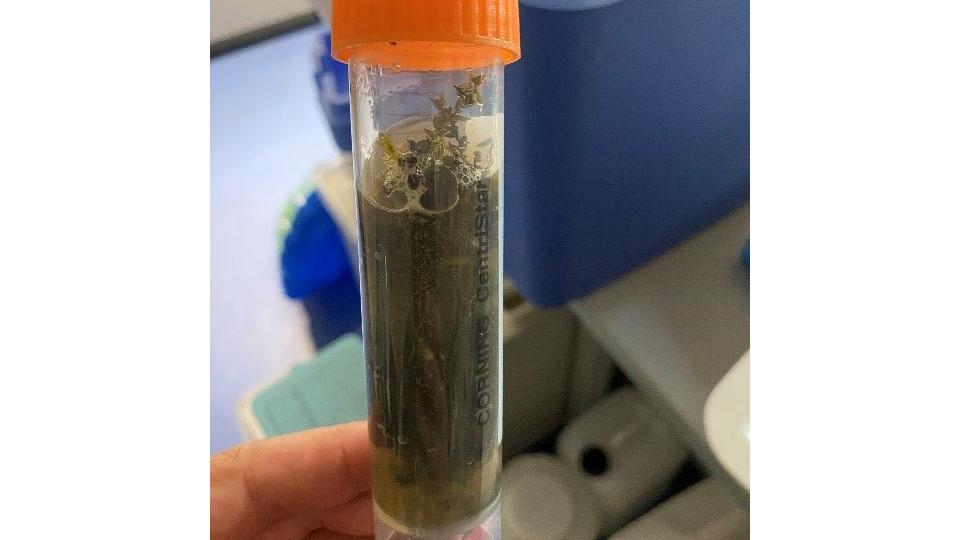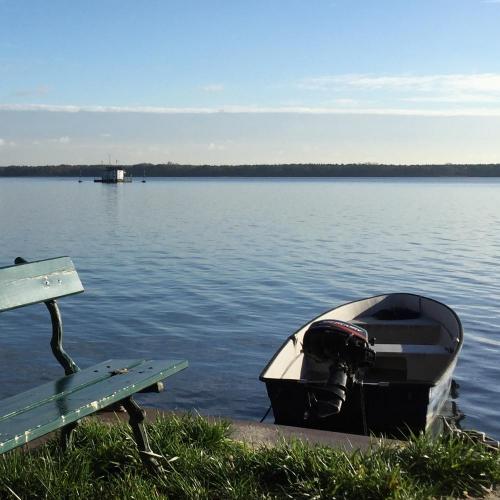PLATON Project
Short profile
Duration
Toxic blooms of planktonic cyanobacteria have been a serious global problem in freshwaters for decades. Cyanobacterial toxins harm people, animals, ecosystems, drinking water supplies, property values, and recreational activities. As a consequence, considerable research efforts have focused on the causes and consequences of blooms, and a variety of management measures have been developed. More recently, similar concerns have arisen regarding toxic cyanobacteria that grow attached to surfaces (i.e., are benthic rather than planktonic), particularly in clear-water lakes and rivers. These also produce potent toxins, some of which are strongly associated with animal poisonings, and can be attached to submerged aquatic plants. These plant-associated toxic cyanobacteria are of particular scientific and socio-economic interest because submerged plants provide a large surface area for associated cyanobacteria, are naturally abundant in freshwater habitats, and often re-appear in water bodies after management efforts to reduce nutrient inputs; herbivorous waterfowl and fish graze on submerged plants, can be poisoned by plant-associated cyanobacteria, and can transfer toxins through the food web; non-rooted or detached aquatic plants can acts as carriers, transporting toxic cyanobacteria to beach zones where they come into contact with humans and animals, increasing the potential for poisoning events which occur worldwide including in Germany; and toxic cyanobacteria and their microbiome may fix nitrogen (N) and symbiotically interact with aquatic plants, whereby plants provide phosphorus (P) from the sediments and/or organic carbon compounds, similar to the symbiosis between N-fixing cyanobacteria and peat mosses.

Water sampling in lake Kalksee, Berlin (Foto: Nikola Stankovic)

Work with cyanobacteria in the microbiological laboratory (Foto: Nikola Stankovic)

Examination of cyanobacterial presence on macrophytes (Foto: Nikola Stankovic)






